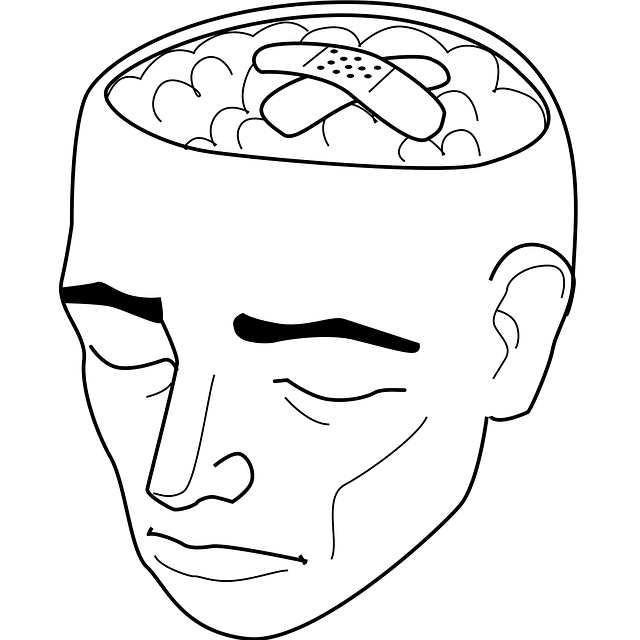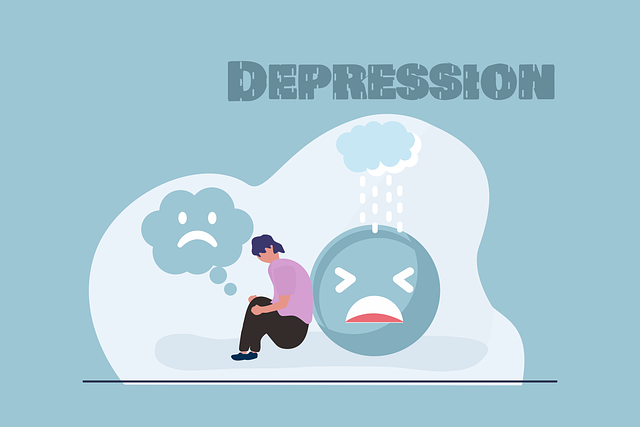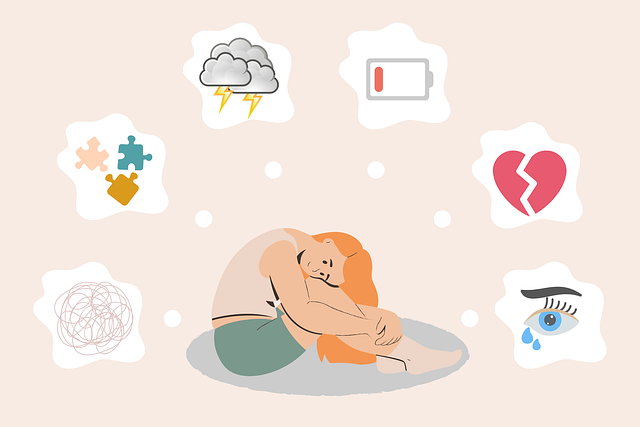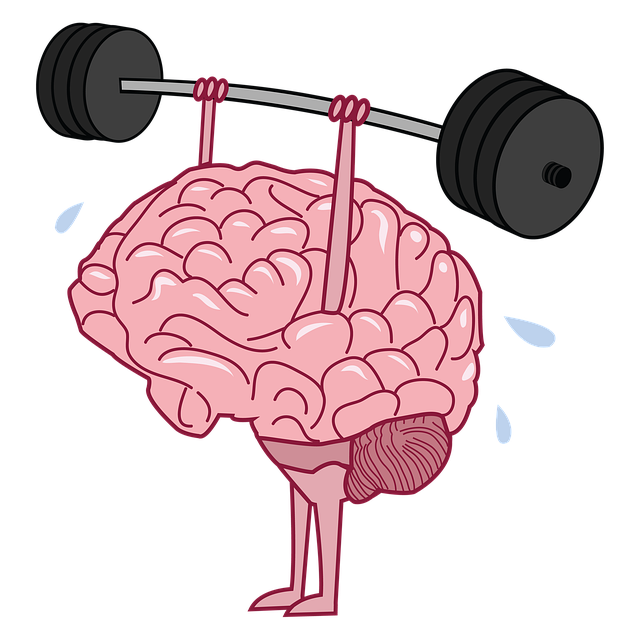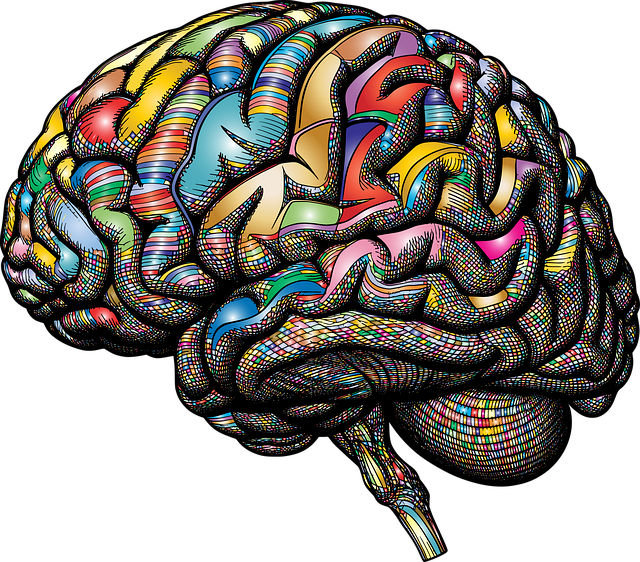Bipolar disorder in adolescents poses significant challenges, impacting academics, social life, and emotional well-being. Early recognition is vital for effective treatment. Public awareness campaigns destigmatize bipolar disorder, promote early intervention, and emphasize tailored therapies like CBT, self-esteem building, emotional intelligence training, and mindfulness meditation. These strategies empower teens to manage symptoms and improve mental health outcomes. Specialized therapy for adolescent teens with bipolar disorder is crucial, combining evidence-based practices to stabilize moods, enhance coping skills, and foster overall well-being. Campaigns reaching teens through peer support, social media, and community outreach aim to reduce stigma and encourage therapy access.
Public awareness campaigns play a pivotal role in combating mental health issues among adolescent teens, including bipolar disorder. This article delves into the intricate process of developing and implementing successful initiatives. We explore key strategies such as educating communities, designing engaging content tailored to teens, and measuring campaign effectiveness. By understanding the challenges faced by adolescents with bipolar disorder, we can empower individuals and foster supportive environments through targeted therapy and awareness.
- Understanding Bipolar Disorder in Adolescents: Unveiling the Challenge
- The Role of Public Awareness: Educating and Empowering Communities
- Designing Effective Campaign Strategies for Teen Mental Health
- Engaging Teens: Adapting Communication for Maximum Impact
- Measuring Success: Evaluation Metrics for Public Awareness Campaigns
Understanding Bipolar Disorder in Adolescents: Unveiling the Challenge

Bipolar disorder in adolescents is a complex mental health challenge that demands heightened public awareness. Often characterized by extreme mood swings, this condition can significantly impact a young person’s ability to function academically, socially, and emotionally. Recognizing the signs early on is crucial for effective treatment. Adolescents experiencing bipolar disorder may exhibit dramatic shifts from elevated moods and excessive energy (mania) to deep sadness and lethargy (depression), often accompanied by changes in sleep patterns, appetite, and concentration.
The development of public awareness campaigns focused on bipolar disorder among teens is essential for destigmatization and early intervention. These initiatives should emphasize the importance of therapy, such as cognitive-behavioral therapy (CBT) tailored to adolescents, which can help manage symptoms. Additionally, promoting practices like self-esteem improvement, emotional intelligence, and mindfulness meditation can empower young individuals to navigate their experiences more effectively and lead to better mental health outcomes.
The Role of Public Awareness: Educating and Empowering Communities

Public awareness plays a pivotal role in educating and empowering communities, especially when it comes to mental health issues like bipolar disorder affecting adolescent teens. Well-crafted public awareness campaigns can dispel myths, reduce stigma, and provide essential information about recognizing symptoms and accessing support services, such as trauma support for young people grappling with bipolar disorder.
By integrating key messages into the broader narrative of mental wellness, these campaigns foster a culture of care and understanding. They encourage early intervention, promoting therapy for adolescent teens as a crucial tool in managing bipolar disorder effectively. Ultimately, public awareness campaigns development is not just about sharing information; it’s about empowering individuals to take charge of their mental health and seek the help they need.
Designing Effective Campaign Strategies for Teen Mental Health

Public awareness campaigns play a pivotal role in shedding light on teen mental health issues, particularly concerning bipolar disorder. These initiatives should aim to educate adolescents and their communities about recognizing symptoms, dispelling stigma, and encouraging early intervention. A well-designed strategy can effectively reach teens through peer-to-peer support networks, social media platforms, and community outreach programs. By integrating relatable content and sharing personal stories, campaigns can foster empathy and reduce the perceived barriers to seeking therapy for adolescent teens with bipolar disorder.
One successful approach involves implementing community outreach programs that focus on building resilience and self-esteem improvement workshops. These programs not only provide a safe space for teens to connect but also offer practical tools for managing symptoms and coping with stress, thereby preventing burnout. Engaging local influencers and mental health advocates can amplify the campaign’s reach and ensure its messages resonate with target audiences, ultimately encouraging more adolescents to access necessary therapy.
Engaging Teens: Adapting Communication for Maximum Impact

In today’s digital age, engaging teens in mental health discussions is more crucial than ever. When it comes to raising awareness about conditions like bipolar disorder, adapting communication strategies is essential for maximum impact. Teens are a tech-savvy generation, so leveraging online platforms and social media can be a game-changer. Creating relatable content that resonates with their interests can make a significant difference. For instance, using influencers or sharing personal stories of successful young individuals managing bipolar disorder through self-care practices can help reduce stigma and foster understanding.
Encouraging open dialogue and normalizing conversations about mental health are key. Healthcare providers can play a vital role in empowering teens by offering burnout prevention strategies, which are particularly relevant given the high-stress nature of many adolescent lives. By incorporating confidence-boosting activities and promoting healthy habits, young individuals with bipolar disorder can gain valuable tools to manage their conditions effectively. This adapted communication approach ensures that public awareness campaigns reach and positively impact this vital demographic.
Measuring Success: Evaluation Metrics for Public Awareness Campaigns

Public awareness campaigns play a pivotal role in educating communities about mental health issues, particularly bipolar disorder in adolescents. By designing strategic initiatives that engage teens and adapt communication methods, we can empower young people to seek therapy and support when needed. Measuring success through evaluation metrics ensures these campaigns make a tangible impact on youth mental health, ultimately fostering a more informed and supportive society for adolescent teens dealing with bipolar disorder.

